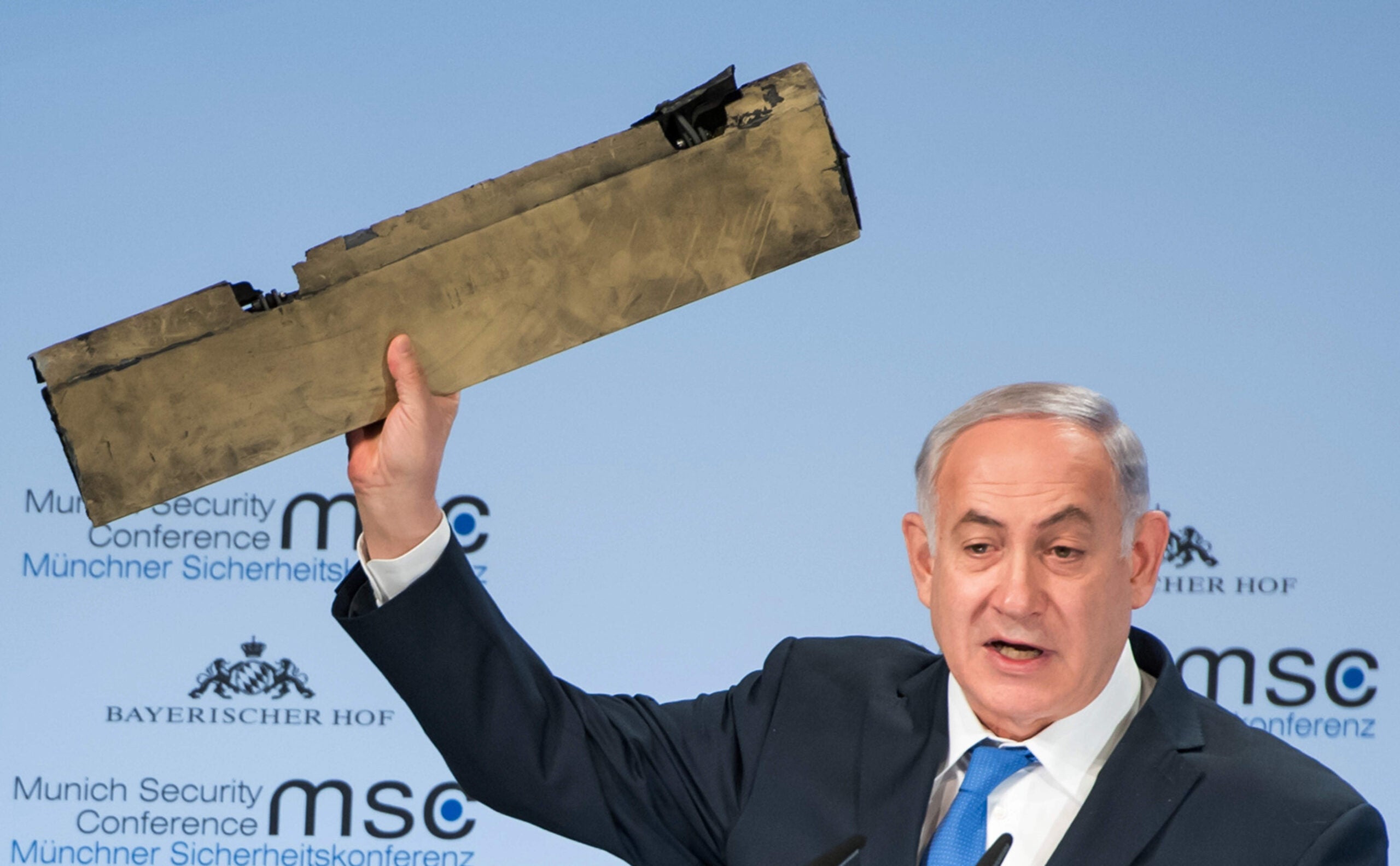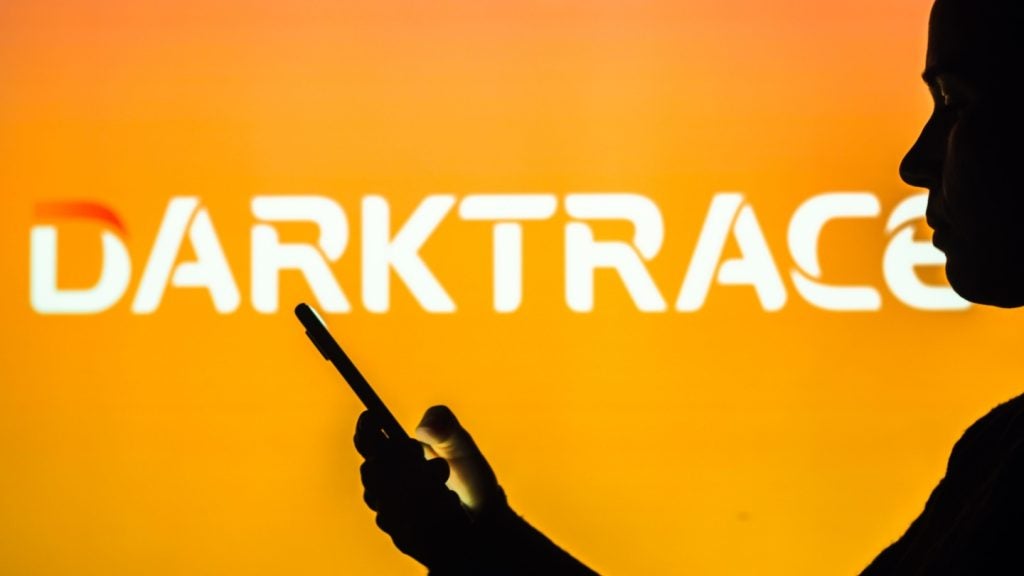
Discussions at the Munich Security Conference this weekend — an annual gathering of defence and security policymakers — saw leaders clash over Russia’s relationship with the US and Israel butt heads with Iran.
This year’s motto — To the Brink – and Back? — seemed an apt description of the situation that the world finds itself in.
European leaders also gave a lukewarm response to British prime minister Theresa May’s urgent appeal for a new security treaty between the EU and UK after Brexit.
Wolfgang Ischinger, the former German diplomat who chairs the conference, described the current international climate as “gloomy”.
According to Ischinger:
At no time since the collapse of the Soviet Union has the risk of armed conflict between major powers been as high as it is today.
How well do you really know your competitors?
Access the most comprehensive Company Profiles on the market, powered by GlobalData. Save hours of research. Gain competitive edge.
 Company Profile – free sample
Company Profile – free sampleThank you!
Your download email will arrive shortly
Not ready to buy yet? Download a free sample
We are confident about the unique quality of our Company Profiles. However, we want you to make the most beneficial decision for your business, so we offer a free sample that you can download by submitting the below form
By GlobalData
Along with the 30 or so panel discussions that took place during the conference, more than 1,000 bilateral discussions took place on the sidelines in rooms of the Bayerischer Hof hotel.
Ischinger said the official conference itself is the “tip of an iceberg” of talks at the event.
US and Russia
Tensions between the US and Russia were high over the weekend after US special counsel Robert Mueller indicted thirteen Russians on Friday over election interference.
In Munich Russian foreign minister Sergey Lavrov dismissed the indictment that Moscow had intervened in the 2016 US presidential election as “blabber”.
US national security adviser HR McMaster said the evidence against Moscow was “incontrovertible”.
US officials — often in disagreement with Trump’s Twitter account — said the US remains staunchly committed to its European allies, is furious with the Kremlin about election interference and isn’t contemplating a preemptive strike on North Korea to halt its nuclear program.
Israel and Iran
Israeli prime minister Benjamin Netanyahu traded barbs and threats with Iranian foreign minister Mohammad Javad Zarif yesterday.
The pair spoke about the controversial Iran nuclear deal and Tehran’s role in the settlement of conflicts in the Middle East.
Netanyahu said:
Israel will continue to prevent Iran from establishing a permanent military presence in Syria. Israel will continue to act to prevent Iran from establishing another terror base.
Netanyahu also called for tough sanctions against Iran to prevent Tehran from developing its nuclear program which, according to Netanyahu, is not limited to the peaceful use of nuclear energy.
Netanyahu displayed a piece of debris on stage which he claimed was from an Iranian drone which had violated Israeli airspace.
You can take a message back to Tehran. Don’t test Israel’s resolve.
Zarif speaking after Netanyahu, called for a new security architecture in the Persian Gulf.
Zarif said:
We want a strong region. We do not want to be the hegemon in the region, as we believe that the era of hegemony has long passed regionally as well as globally.
In Europe
Spending on defence dominated discussions for countries around Europe. After the UK quits the European Union in March 2019, some 80 percent of Nato spending will come from non-EU members.
European Commission President Jean-Claude Juncker wants to make the EU a true global political player, using the German word “weltpolitikfähig”.
Meanwhile, British prime minister Theresa May said she wants to leave the EU’s common foreign and security policy as early as next year, but would show flexibility around the UK’s red lines to secure a new security treaty.
May said:
There is no reason why we should not agree distinct agreements for our foreign and defence policy cooperation in the time-limited implementation period. The key aspects of our future partnership in this area will already be effective from 2019.








